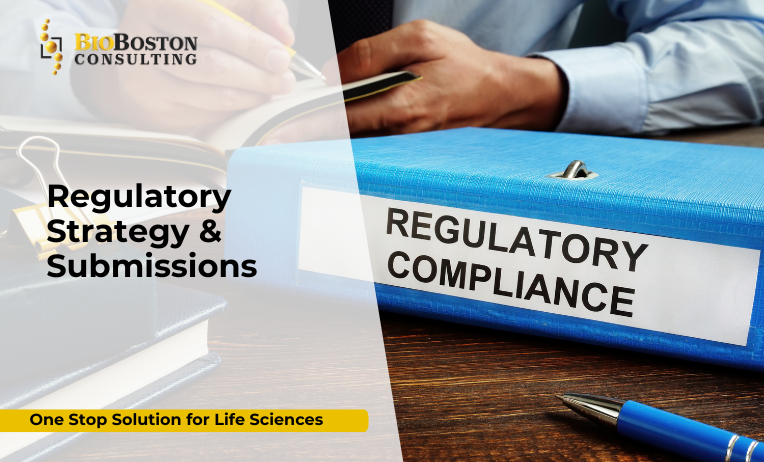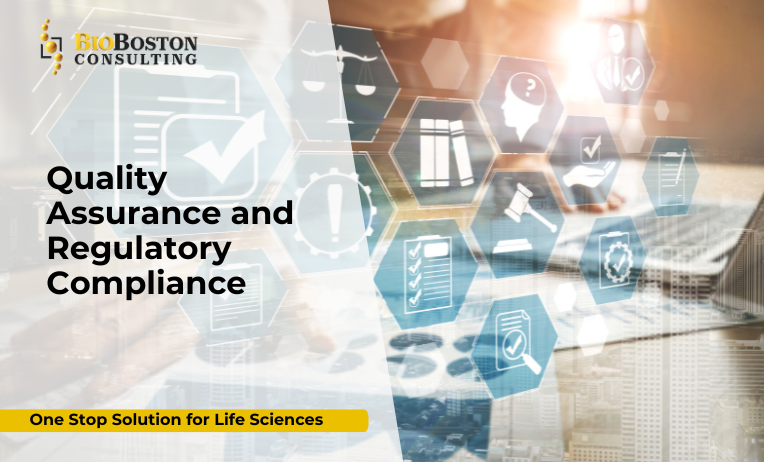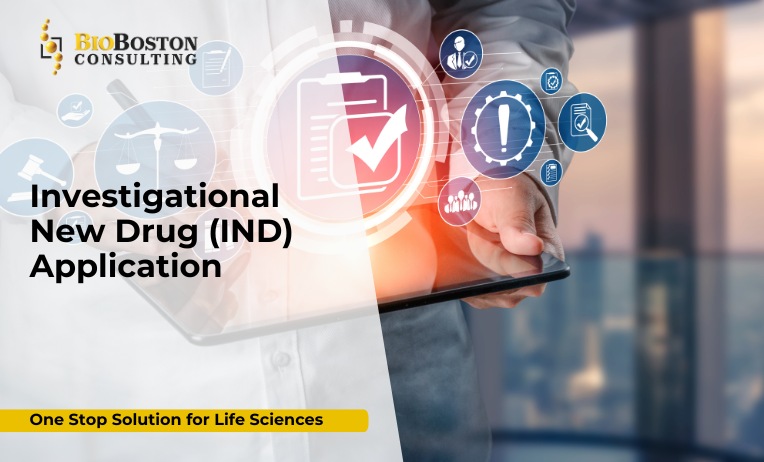One-Stop Solution
for Life Sciences

At BioBoston Consulting
We specialize in guiding your pharmaceutical and medical device products through every stage of development. We offer end-to-end solutions from preclinical research, regulatory strategy, clinical trials, and market entry support, ensuring a streamlined path from concept to market.
Your Journey With Us
We support you from preclinical to market approval
At every step of your journey, from preclinical to market approval, we’re dedicated to supporting you. We prioritize your needs and are committed to turning your vision into reality. Let us help you navigate the complexities of drug and medical device development, ensuring your innovations achieve the success they deserve.

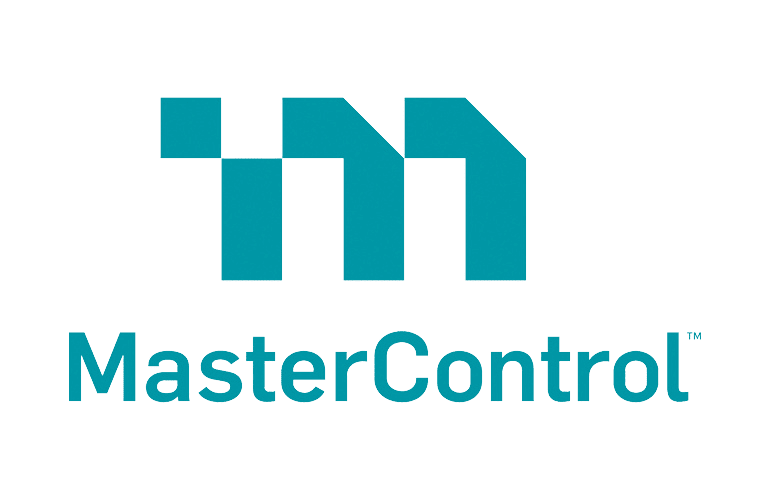
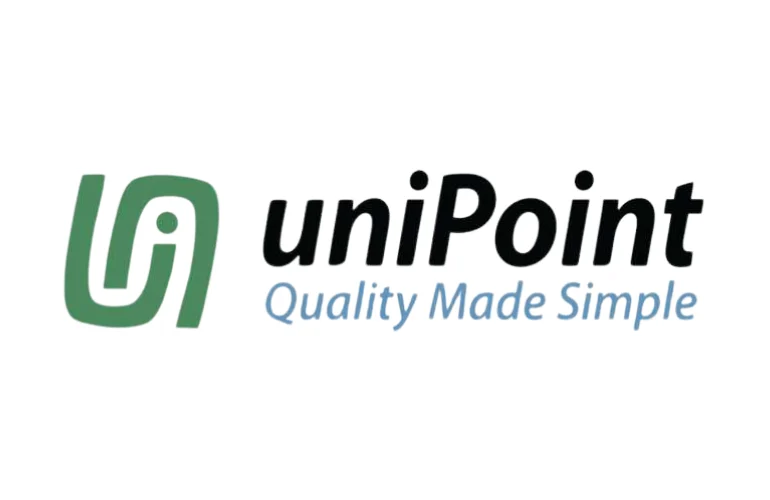
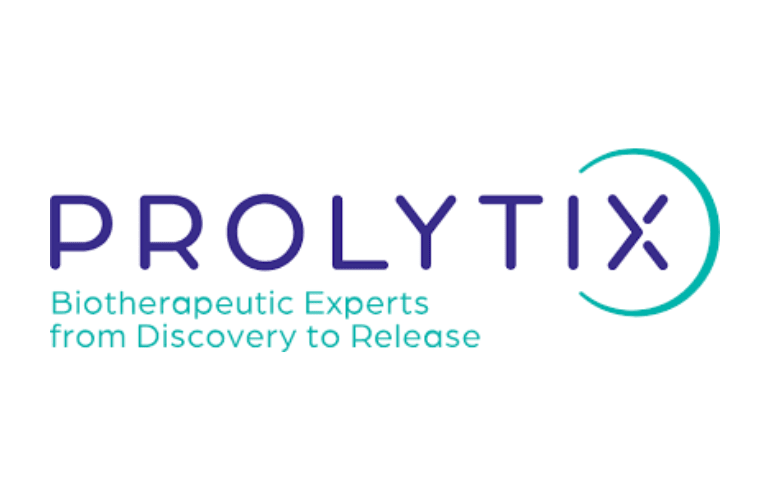



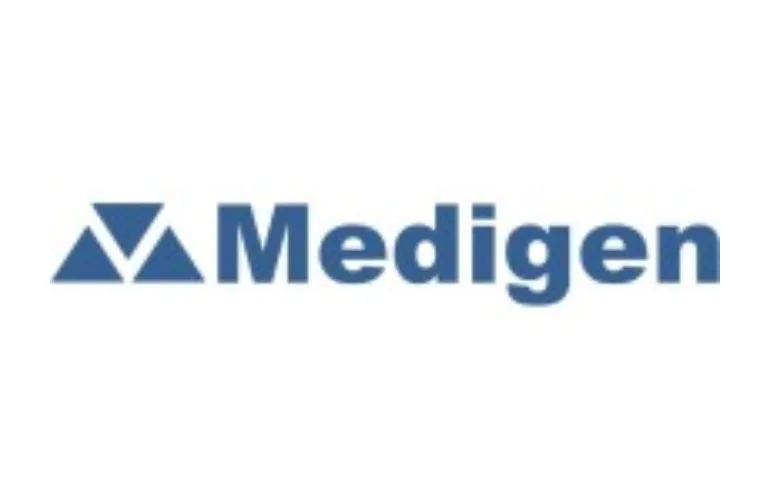

Contact Us
Let’s get started! Have a question for our team or want to set up a consultation call? Fill out the form and a member of our team will reach out to you in the next 24 business hours.
Insights
At BioBoston Consulting, we believe that informed decision-making is crucial for successful drug and device development. Here are key insights that can guide your journey


